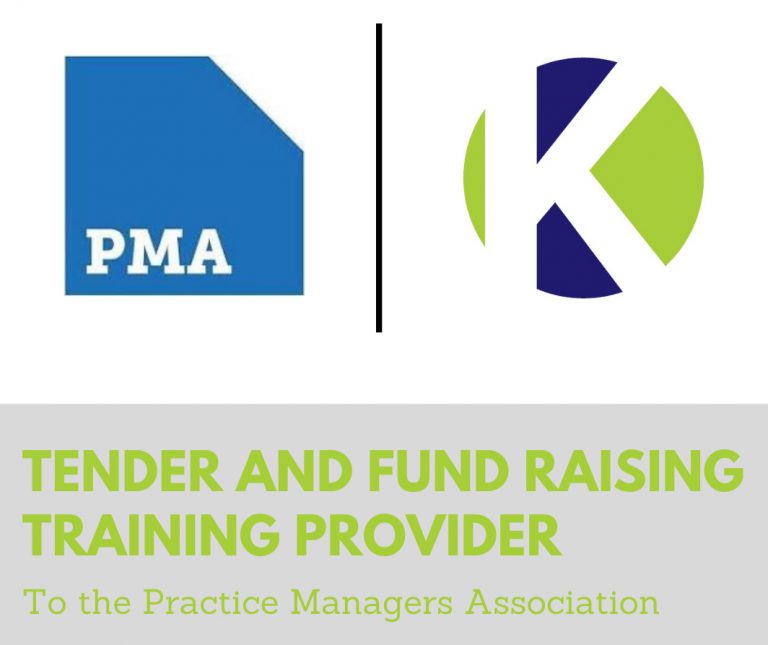On 7 September 2021, the government set out its new plan for adult social care reform in England. This included a lifetime cap on the amount anyone in England will need to spend on their personal care, alongside a means-test for local authority financial support.
These plans were part of the Build Back Better campaign announced by the government which has been created to repair the health and social care systems following the devastating impact of the COVID-19 pandemic.
Like similar plans to revolutionise Integrated Care Systems (ICSs), the government wants to bring various agencies and organisations together to reform social care.
How will social care be funded?
From October 2023, the government will introduce a new £86,000 cap on the amount anyone in England will need to spend on their personal care over their lifetime.
In addition to this, the upper capital limit (UCL), the point at which people become eligible to receive some financial support from their local authority, will rise to £100,000 from the current £23,250. The UCL of £100,000 will apply universally, irrespective of the circumstances or setting in which an individual receives care. The lower capital limit (LCL), the threshold below which people will not have to pay anything for their care from their assets will increase to £20,000 from £14,250.
As part of these changes, there has been a proposed amendment to the Care Act 2014 to the way that people within the means test progress towards the cap. This amendment, subject to Parliamentary approval, will ensure that only the amount that the individual contributes towards these costs will count towards the cap on care costs, and people do not reach the cap at an artificially faster rate than what they contribute.
To allow people receiving means-tested support to keep more of their own income, the government will unfreeze the Minimum Income Guarantee (MIG) for those receiving care in their own homes and Personal Expenses Allowance (PEA) for care home residents, so that they rise in line with inflation.
The cap will not cover the daily living costs (DLCs) for people in care homes, and people will remain responsible for their daily living costs throughout their care journey, including after they reach the cap. For simplicity, these costs will be set at the equivalent of £200 per week in 2021 prices.
The means test for financial support will continue to work in the same way as it does currently by determining what someone can afford to contribute towards the costs of their care based on their assets and pension.
What else will change?
As well as the Build Back Better policy proposals, the government also released a white paper in March 2022 entitled People at the Heart of Care: adult social care reform, which went further to pledge fundamental changes to the social care system in the UK over the next three years.
These include:
- Investing at least £300 million to integrate housing into local health and care strategies, with a focus on increasing the range of new supported housing options available
- At least £150 million of additional funding to drive greater adoption of technology and achieve widespread digitisation across social care to support independent living and improve the quality of care
- Releasing £500 million so the social care workforce have the right training and qualifications
- A new practical support service to make minor repairs and changes in people’s homes to help people remain independent and safe in their home
- Increasing the upper limit of the Disabilities Facilities Grant for home adaptations such as stairlifts, wet rooms and home technologies
- Up to £25 million to support unpaid carers
- More than £70 million to improve the delivery of care and support services, including assisting local authorities to better plan and develop the support and care options available
What does this all mean for tendering opportunities?
With additional funding for adult social care products and services being released, that can only mean one thing – more tender opportunities and potential contracts.
Pushing the adoption of technology, training and qualifications and working with local authorities to develop support services all present fantastic opportunities for organisations in those areas.
If you would like to be made aware when relevant tender opportunities come up in your industry or field of expertise, contact us today on 0330 1331 041 or info@klowconsulting.com to see how we can help.





